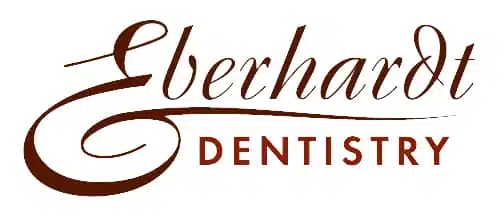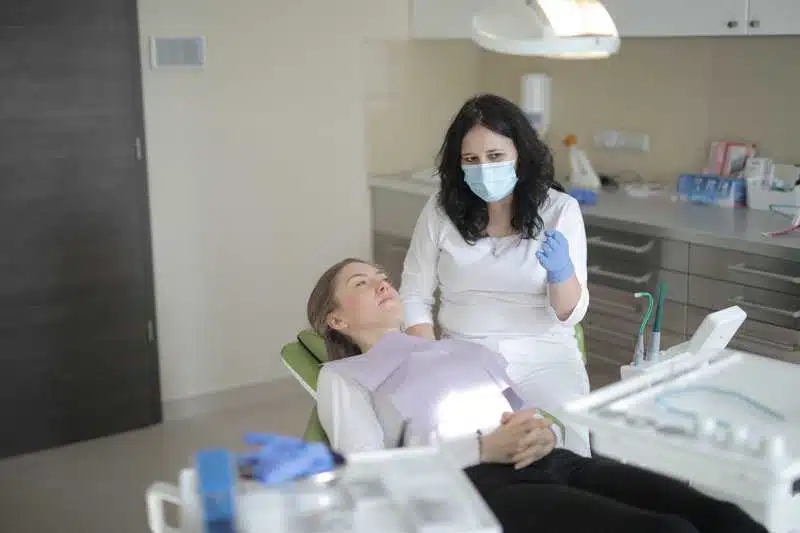Following an oral hygiene maintenance routine of brushing and flossing your teeth is crucial for the health of your smile and your body. However, your dentist in Akron knows that a common question patients have is whether to floss before or after brushing. So which comes first – the flossing or the brushing?
The Flossing Conundrum: Before or After Brushing?
Many dental professionals emphasize the importance of both flossing and brushing in a comprehensive oral care routine. The order in which you perform these tasks, however, can impact the effectiveness of your efforts.
Floss Before Brushing
Flossing before brushing has its advantages, and it’s a strategy recommended by your dentist in Akron. When you floss first, you remove the plaque and debris lodged between your teeth and along the gumline. This clears the path for your toothbrush to access more surfaces of your teeth, allowing the toothpaste to reach areas that were previously obscured.
By dislodging particles with floss initially, you create a cleaner canvas for your toothbrush, maximizing its ability to scrub away plaque and bacteria. This method can be particularly beneficial for those with tight spaces between their teeth, as flossing beforehand can make it easier for the bristles of the toothbrush to reach every nook and cranny.
Why is Flossing Important?
Even though flossing is often overlooked, it is a crucial part of maintaining optimal oral health by removing plaque and debris from between teeth where toothbrushes can’t reach. Neglecting this step allows plaque to accumulate, leading to gum disease, cavities, and bad breath. Regular flossing not only prevents these issues but also promotes healthy gums, reducing the risk of gingivitis and periodontal disease. Moreover, it contributes to overall well-being, as poor oral hygiene has been linked to systemic conditions like heart disease and diabetes. Just a few minutes of daily flossing can make a significant difference, ensuring a brighter smile and a healthier, happier life.
Tips for an Effective Oral Care Routine
- Choose the Right Tools: Invest in a quality toothbrush with soft bristles and dental floss that suits your preferences.
- Technique Matters: Use a gentle, back-and-forth motion when flossing, and brush your teeth for at least two minutes, covering all surfaces.
- Regular Dental Checkups: Schedule routine dental checkups with your dentist in Akron to address any potential issues early on and receive professional guidance on your oral care routine.
Even though many dentists recommend flossing before brushing, the ultimate key to a healthy smile is consistency. The most critical factor in maintaining good oral health is ensuring that you floss and brush daily, regardless of the order. After all, when it comes to preventing cavities, gum disease, and other oral health issues, consistency is key.



